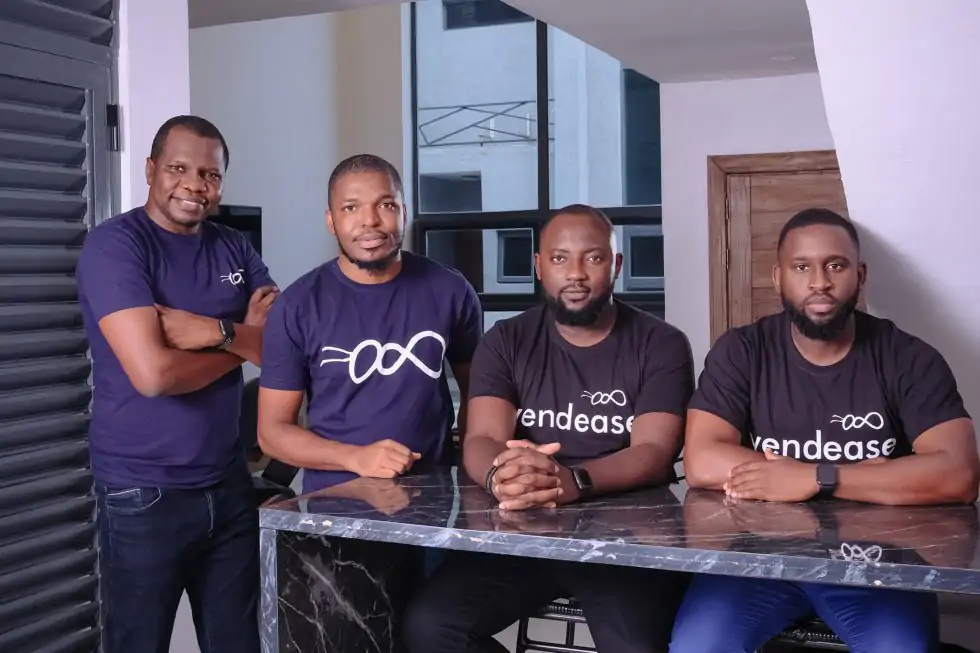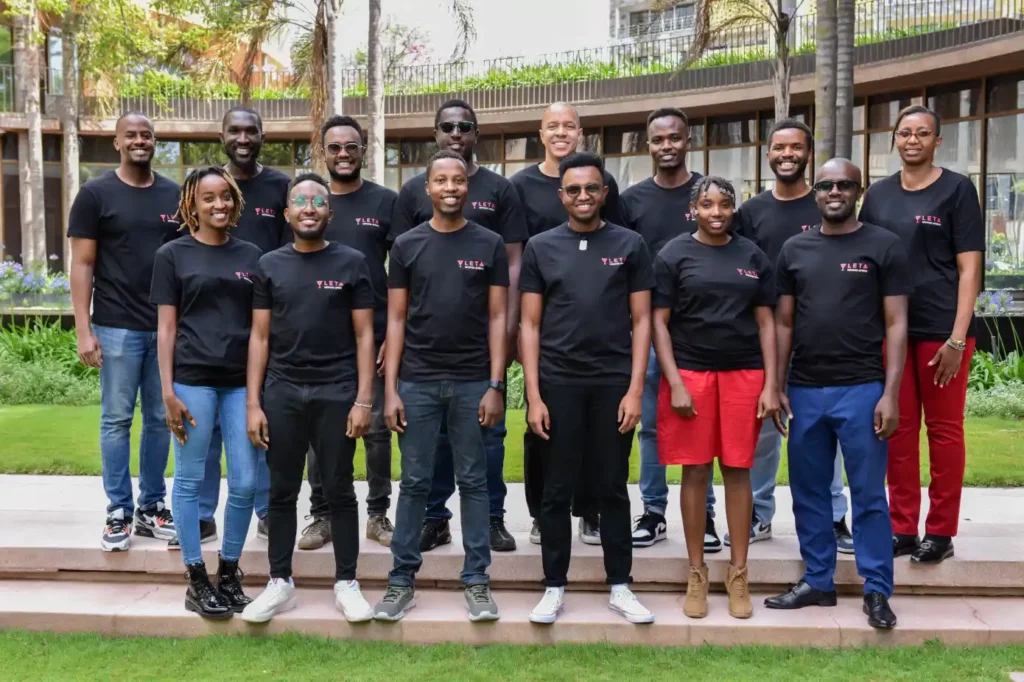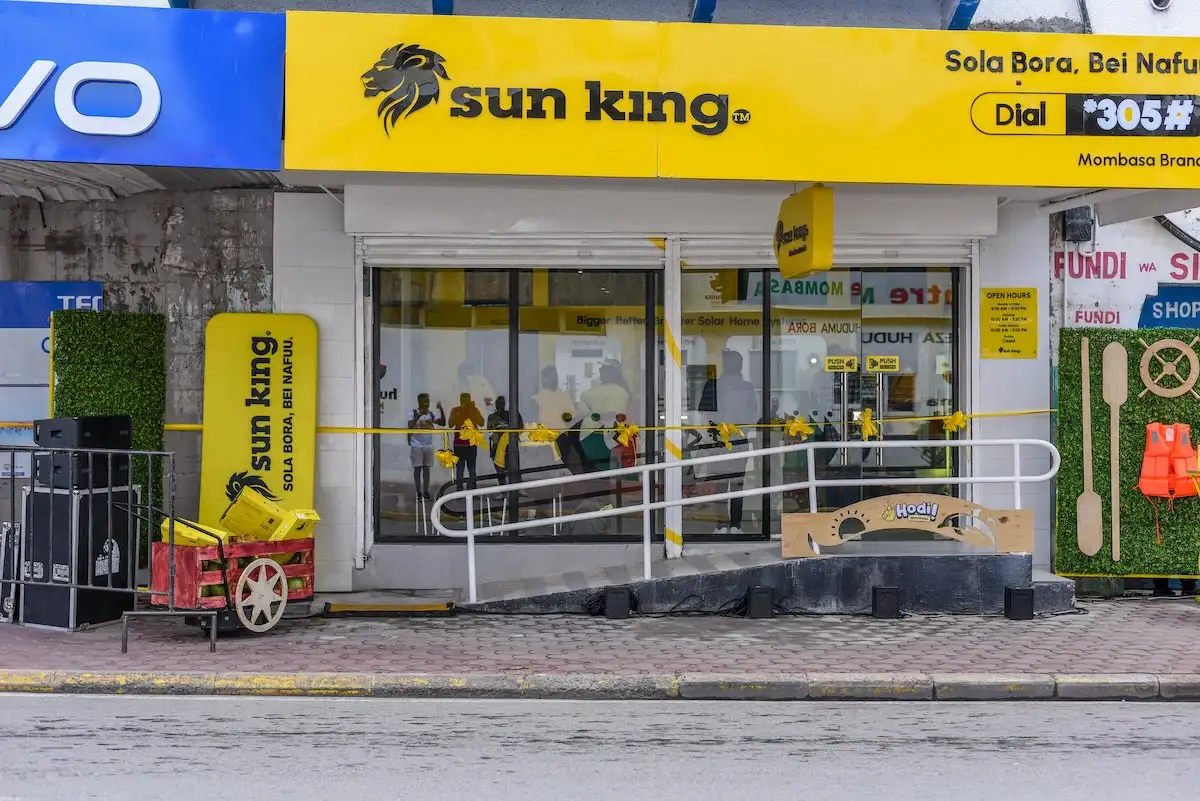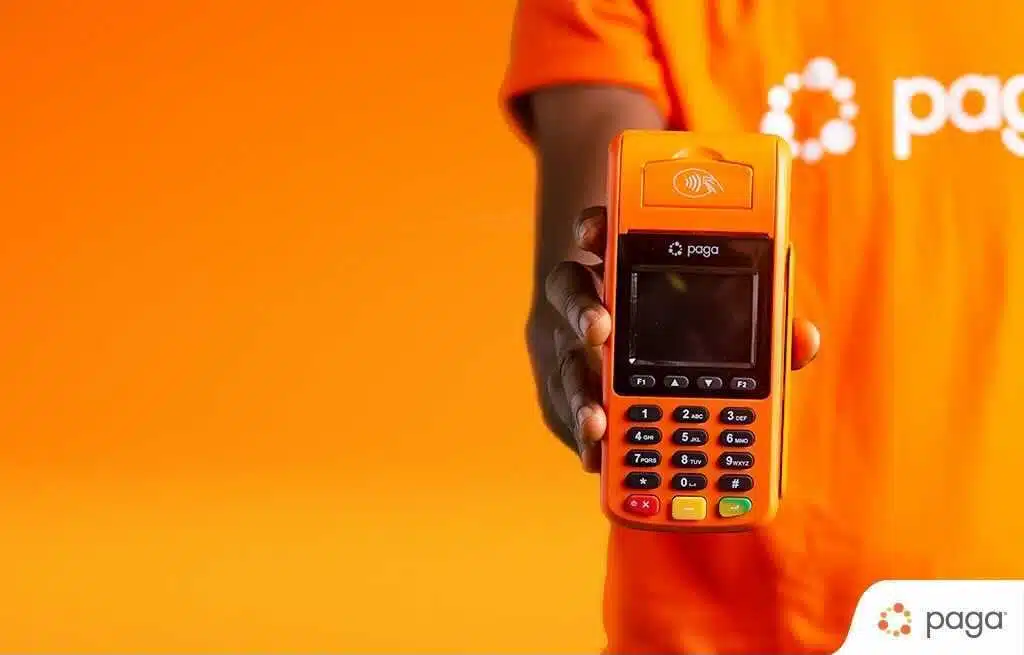Dobrý den,
Victoria from Techpoint here,
Here’s what I’ve got for you today:
- Vendease switches to a performance-based pay system
- Is Nigeria ready for contactless payments?
- Leta bags a $5M seed for improved AI-driven logistics
Vendease switches to a performance-based pay system

Vendease, a Nigerian food procurement startup, is switching to a performance-based pay system after laying off 44% of its team, about 120 employees, per TechCrunch. Instead of fixed salaries, employees will earn based on performance, with an Equity Share Option Plan (ESOP) thrown in. The goal? To keep the business afloat and on track for profitability.
The new pay structure works in phases: everyone got ₦140,000 (~$90) in February, regardless of their previous salary. From March to May, they can earn up to 30% of their old salary if they hit targets (which haven’t been clearly defined yet).
By December, salaries should be fully restored, if performance goals are met. The unpaid portions of their salaries will be converted into company shares, but they can only cash out under specific conditions.
Vendease insists these changes are about making the company leaner and more efficient. “We only spend what we earn,” a spokesperson said, explaining that the company has now reached break-even and is prioritising tech over expensive operations. With just over 150 employees left, they’re doubling down on their sales and payments solutions while phasing out warehousing and logistics.
One of the startup’s biggest bets right now is its Buy Now, Pay Later (BNPL) product. Many lenders avoid food businesses because of their instability, but Vendease uses its supply chain knowledge to offer loans. It claims a default rate of under 1% and has dished out over $70 million in credit since 2024. But while BNPL has been a major revenue driver, it hasn’t been enough to fully turn things around.
The company is now looking to raise fresh capital, with talks underway for a bridge round to fund tech growth and expansion. There have also been whispers of a potential acquisition, but Vendease says it’s actually the one getting approached, not the other way around. “Yes, people have shown interest, but we’re focused on scaling, not selling,” a spokesperson clarified.

Victoria Fakiya – Senior Writer
Techpoint Digest
Stop struggling to find your tech career path
Discover in-demand tech skills and build a standout portfolio in this FREE 5-day email course
With Nigeria’s tough economic climate and the naira’s struggles wiping out revenue gains, Vendease is making big moves to survive. Whether this restructuring plan will pay off remains to be seen, but one thing’s clear: it’s all or nothing for the food tech startup.
Is Nigeria ready for contactless payments?

Imagine walking up to a checkout counter, tapping your card or phone, and boom, you’re done in a second. No swiping, no PIN, no waiting. That’s the magic of contactless payments, and they’re starting to gain serious traction in Nigeria. But as exciting as this sounds, will Nigerians fully embrace it? Well, that’s where things get interesting.
Lately, we’ve seen some major players pushing to make tap-to-pay the norm. AfriGO and Moniepoint are set to issue five million contactless cards. PalmPay and Cash Africa are rolling out tap-to-pay solutions on POS terminals, and Access Bank is teaming up with Visa to bring more contactless options. It’s clear that the financial ecosystem is gearing up for a big shift. I know you’re tired of reading this already. 😂
Anyhoo, the benefits are obvious: contactless payments are fast, easy, and even more secure than traditional card transactions. But adoption won’t be as simple as waving a magic wand. Nigeria’s payment infrastructure, consumer habits, and concerns around fraud could slow things down. After all, not everyone is comfortable with tapping their card and walking away without entering a PIN.
So, how does this tech actually work? Contactless payments use Near-Field Communication (NFC), which allows your card or phone to communicate with a POS terminal via radio waves. That’s why it’s so fast. You’re not inserting your card, typing a PIN, or waiting for approvals. If you’ve ever used Apple Pay, Google Pay, or tapped your debit card abroad, you’ve already experienced it.
But here’s the catch: for this to really take off, Nigeria needs more businesses to accept it, more consumers to trust it, and a solid system to prevent fraud. The big question is, are we ready? Or will Nigerians stick to what they know: bank transfers, USSD, and good ol’ cash?
For more on how contactless payments could shake up Nigeria’s financial scene, read Chimgozirim’s latest story.
Leta bags a $5M seed for improved AI-driven logistics logistics

Kenyan logistics startup Leta just bagged $5 million in seed funding to make moving goods across Africa cheaper and faster. The round was led by European VC firm Speedinvest, with backing from Google’s Africa Investment Fund and climate-focused investor Equator. This fresh capital will help Leta scale its AI-powered logistics platform across the continent.
Leta, which optimises delivery routes and helps businesses cut logistics costs, has been growing fast. In 2022, it raised $3 million in pre-seed funding, which it used to strengthen operations in Kenya, Nigeria, Uganda, Zambia, and Zimbabwe. Now, it’s looking to expand even further.
The company’s tech helps businesses move goods more efficiently by reducing the number of vehicles needed for deliveries. It integrates with businesses’ order management systems, selects the best vehicle for each delivery, and automates dispatch planning. That means fewer delays and lower costs.
What sets Leta apart is its AI-powered route optimisation. If certain roads in Nairobi are always blocked due to construction or police stops, the system learns and avoids them, making deliveries smoother. This real-time mapping is so good that Google, one of Leta’s investors, is interested in how it keeps road data up to date.
Leta is also testing embedded finance products, like fuel cards and asset financing, to support delivery partners and businesses. Investors like Speedinvest see fintech as a natural next step for the startup, helping it unlock even more opportunities in the supply chain.
With big names like KFC and Diageo already using its platform, Leta has powered millions of deliveries and grown revenues 5x since 2022. Now, the startup is setting its sights on expanding into more African and Middle Eastern markets while doubling down on what it does best — making logistics smarter and more efficient.
In case you missed them
- Blueroomcare partners with EHA Clinics to extend mental healthcare to Nigerians
- Nigeria secures $40M Startup Seed Fund backed by Japan to boost tech innovation
What I’m watching
- Every Daily Habit That Destroys Your Brain Explained in 10 Minutes
- Rethinking infidelity … a talk for anyone who has ever loved | Esther Perel | TED
Opportunities
- Flutterwave is hiring to fill in several positions. Apply here.
- OPay is looking for a State Manager. Apply here.
- Interswitch is hiring a Senior Software Developer. Apply here.
- PalmPay is recruiting a Business Developer. Apply here.
- Standard Bank Group is looking to fill several positions across Africa. Apply here.
- Paystack is hiring for several roles. Apply here.
- Moniepoint is hiring for several roles. Apply here.
- Follow Techpoint Africa’s WhatsApp channel to stay on top of the latest trends and news in the African tech space here.
Have a wonderful Wednesday!
Victoria Fakiya for Techpoint Africa.










